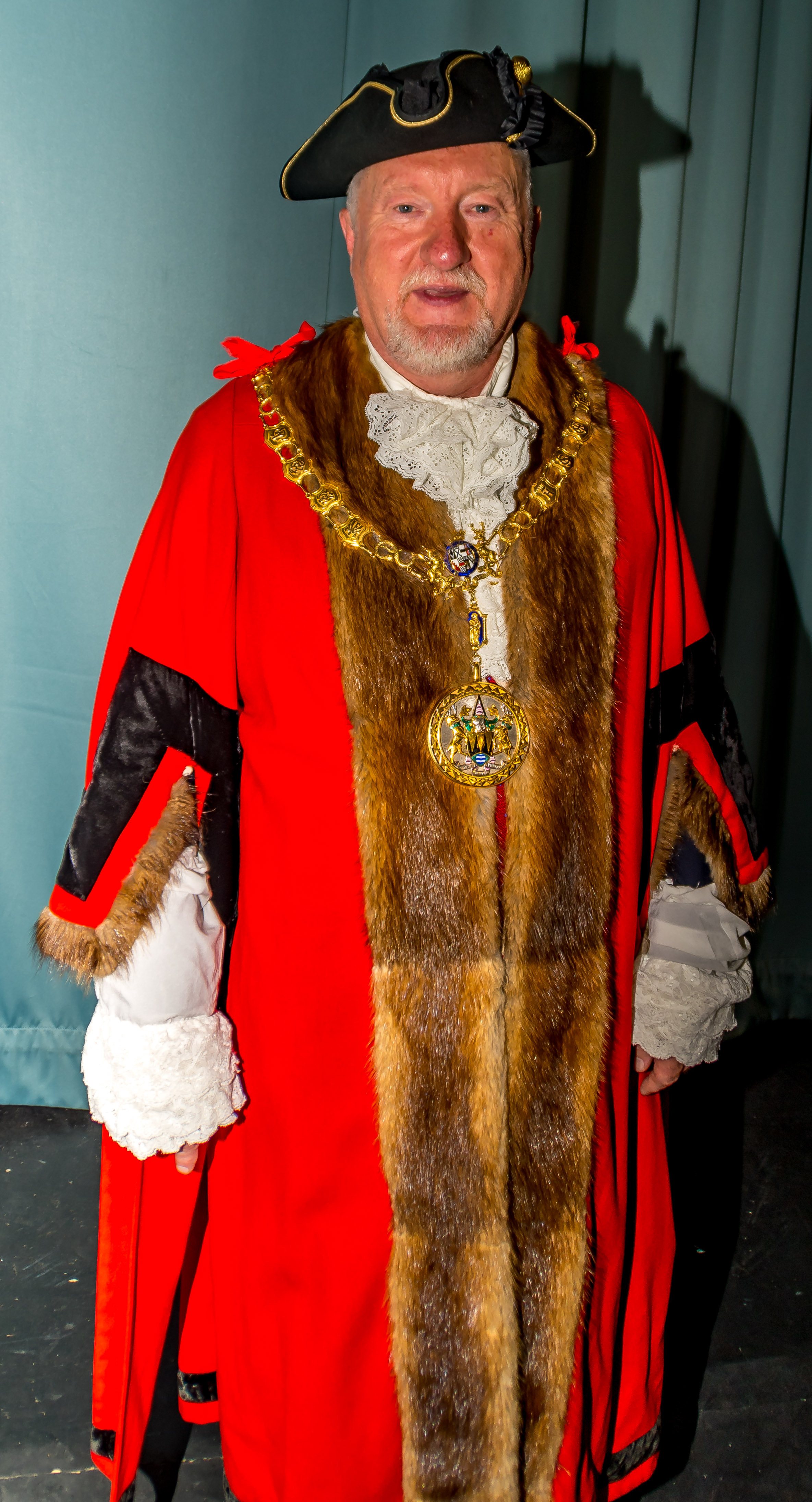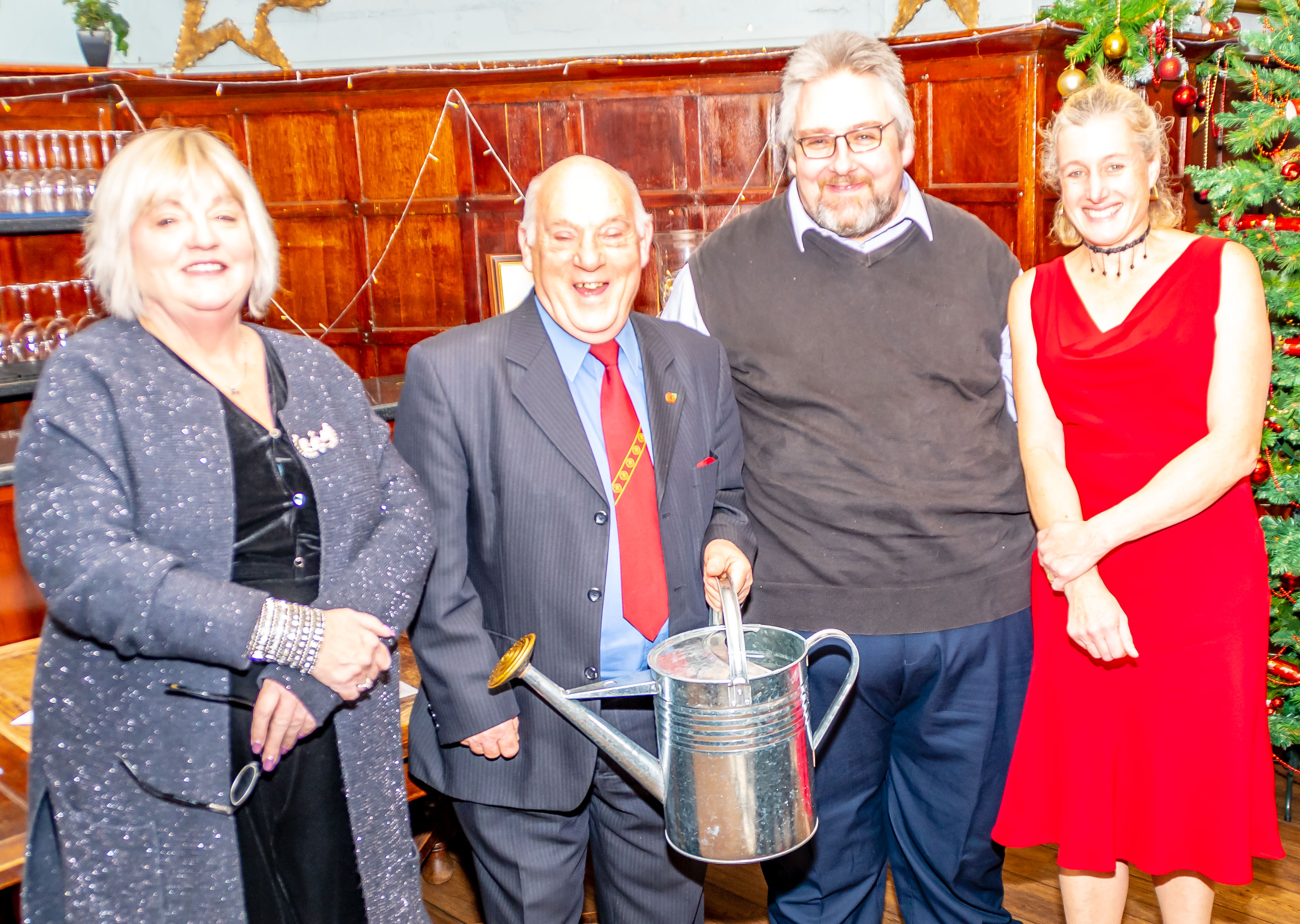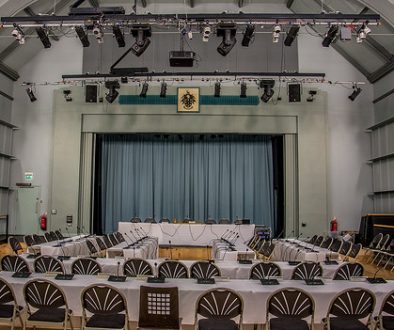December Council Executive
Last Thursday evening in weather that was getting very dubious for a meeting in Buxton, there was a meeting of the council’s executive.
The agenda for the meeting was a little shorter than some recent executive meetings with only 3 reports for consideration – 2 on issues around the localism act, and one on the review of the councillor’s initiative fund.
You can view the agenda and the various reports from the meeting by clicking : HPBC December Executive Meeting
The first report was on the council’s policy for the Community Right to Bid which is one of the parts of the Localism Act 2011 which came into force on 21st September 2012.
The intention behind the community right to bid is to provide a mechanism for ‘communities’ via parish councils and voluntary bodies to request that buildings and land in their community such as the village pub, local shop, village hall etc are registered with the Council as an ‘asset of community value’.
If registered the act then requires the owner of land and buildings registered with the Council to inform the Council of their intention to dispose of these assets, with eligible organisations that having an opportunity to express an interest in acquiring the land or buildings with a moratorium on the sale been triggered during which time community groups or parish councils can seek to secure funds to make a bid to purchase the asset.
The outline of the Policy was considered by Community Select Committee at its meeting on the 8th October 2012 and a Government Consultation Document and Policy Statement along with some non statutory guidance (sent in October 2012) have set out further details on the process.
However as is often the case with new requirements much of the fine detail of how the Community Right to Bid is to be operated will be set out in Regulations which have not yet been published.
There are, however, some aspects of the process where the Council may make it’s own decisions and these are as follows:
- Definition of a community asset – based on the advice of officer we resolved that the definition of ‘recent past’ as outlined at 7.11.2 of the report be set at 5 years
- How often the list will be published – monthly as at 7.11.4 – who will make the decision recommended to be delegated to the exec member for community services as at 7.11.5 and appeal and cost arrangements as set out at 7.11.6 and 7.11.7 of the report
The draft policy is at appendix one – and you may notice that the enactment date of the policy along with email addresses are not yet completed as discussions are ongoing around the regulations and whether the registration will be completed by the communities team direct or logged via customers services prior to been considered.
Appendix A of the report sets out the process with appendix b listing the draft application form.
The second report which was again on parts of the Localism Act is around the Community Right to Challenge the provisions for which were bought into force by regulations passed on the 27th June 2012
The Community Right to Challenge establishes the mechanism through which procurement exercises can be triggered by eligible bodies interested in running a Council service.
In determining its approach and policy on the Community Right to Challenge the Council needs to take account of a range of key factors:
- The potential level of interest in submitting an expression of interest.
- The resources required to manage the process
- The degree to which the process can be used to drive efficiency and service improvement
- The degree to which it poses risks for the Council
Community Select (8th October 2012) has commented and recommended that the Council adopt a managed proactive approach to the Community Right to Challenge.
The Key elements of a planned rather than a reactive approach by the Council would be to:
- Publish an ‘expressions of interest timetable’ for every service.
- Publish a default time period (1ST March – 31st April each year) in which bids for services not included in the timetable above can be received.
- Engage with Parish Councils, local community/voluntary organisations/ and staff to encourage those with an interest to engage with the Council in order to explore the full range of options available outside the provisions of the Community Right to Challenge.
Appendix A of the report – sets out the process for the community right to challenge
Appendix B of the report – sets out the draft policy – along with appendix 1 the draft expression of interest form
Appendix C of the report – sets out a draft Expressions of Interest (Commissioning & Procurement) Timetable (Draft)
Of the 2 papers on the localism act, this is in my mind the more concerning one as, because whilst on the face of it allowing ‘eligible local bodies’ to bid to take over services may sound like a nice idea, the reality will most likely see any such challenges leading to larger companies biding and taking over services because one the challenge has been made rather than it being solely an opportunity for the local bodies that made the challenge the process instead is opened up to anyone from anywhere to bid to run the service meaning that potentially those larger companies that possess the expertises and staffing to go through the bidding process may well do better than local groups that may never have bid or competed to run services before.
The process could also mean that if challenges are only made for parts of services, some of the ‘economies of scale’ that we currently get, say for example running grass cutting across the borough may be lost if we weren’t doing the full area, which is partly why we’ve gone for a managed approach to the process rather than bidding at any random point.
The final report was on reviewing the councillors initiative fund which was established a little over 12 months ago.
Since then members have had available a pot of £1000 a year (increased to £2000 for the first year) to spend on initiative within their area under 3 broad headings – Community safety, Environmental Improvement and Community Initiative.
In the first year 8 schemes were approved spending just over £4000 with so far to date 22 schemes been approved with £10989 been spent and a number of other initiative under consideration.
In terms of schemes supported locally there has been support for a Gardening together scheme in Hadfield supported by the Hadfield councillors, Bare Necessities Food Bank supported by various Glossopdale councillor’s, community resources for Glossop junior cricket club by Cllr Wharmby Flagg field football by Cllr Claff, mobile CCTV by Cllr Oakley
The paperwork / process (at current) for considering initiatives is attached as appendix A of the report, and as with the previous reports the issue had been considered by the Community Select Committee who raised a few concerns around how the criteria was applied by some staff, with some schemes by members been approved with similar schemes suggested by other members not been, along with a request that for multi councillor bids the process for completing the bid paperwork was simplified.



